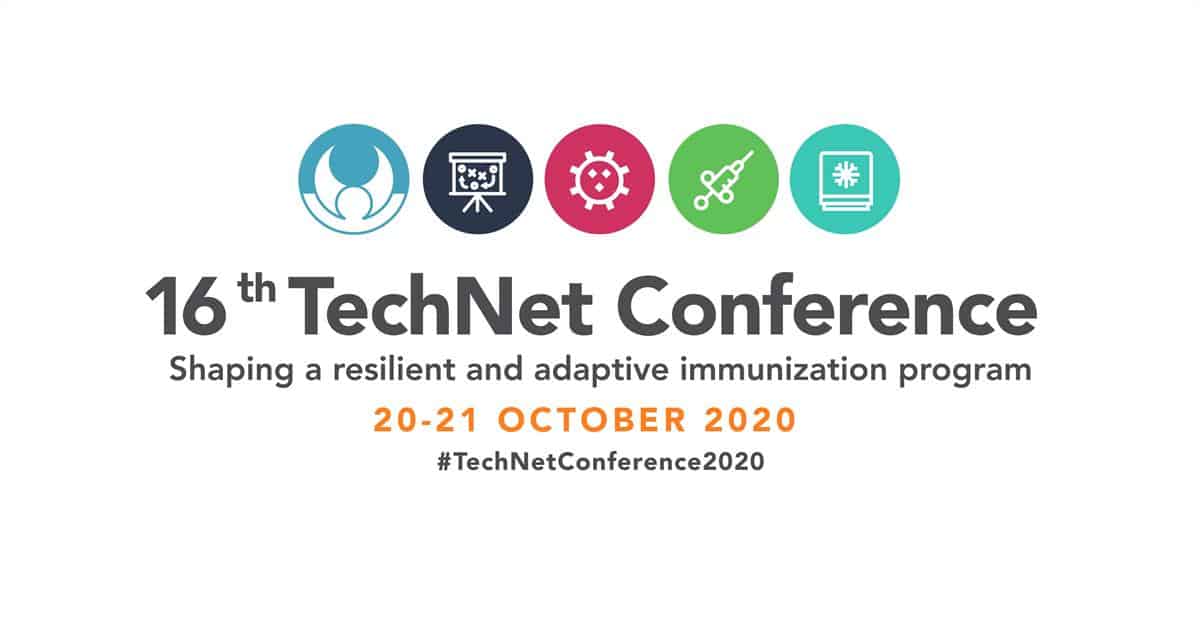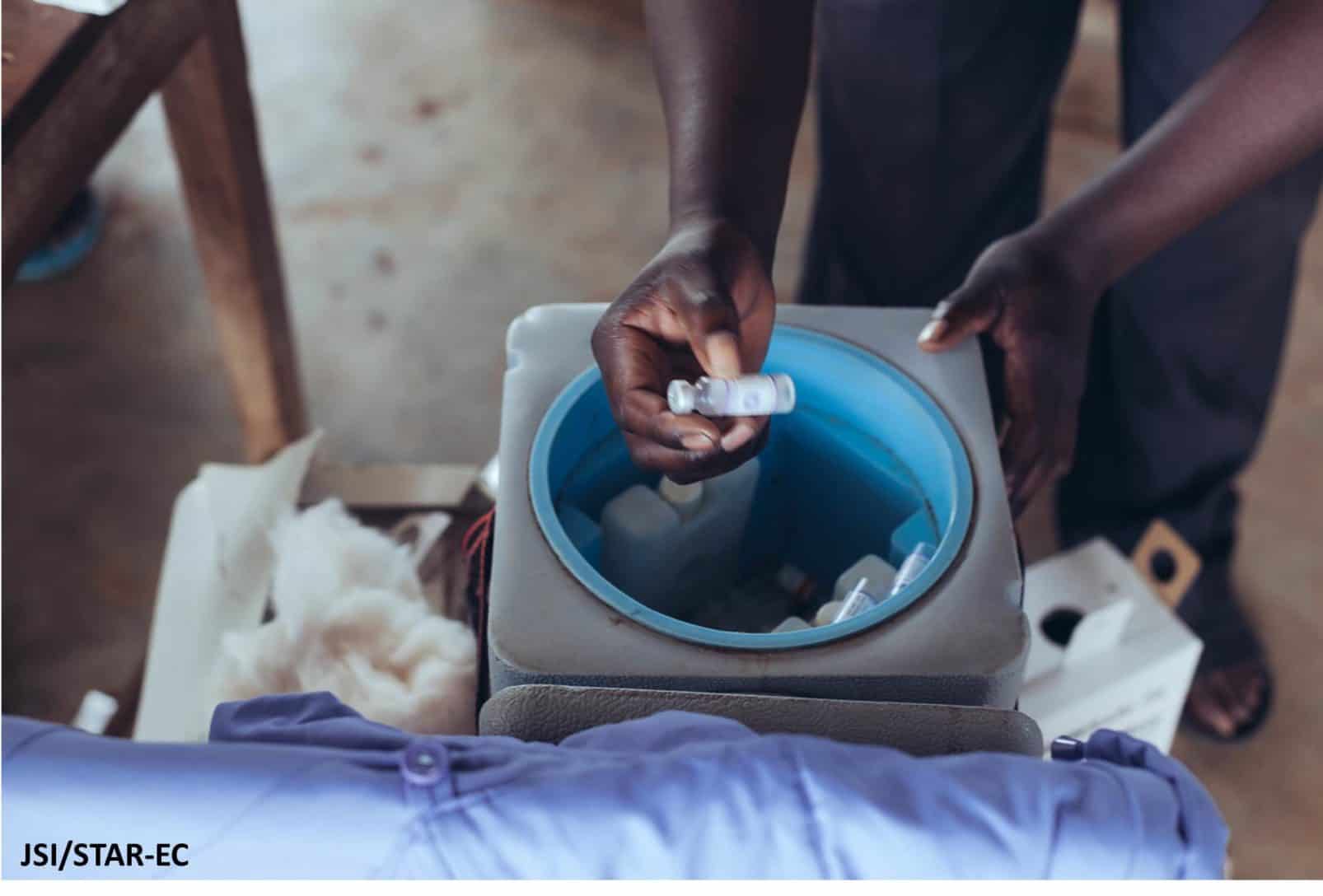This project aimed to support vaccine product and program decision-making to include considerations of dose per container (DPC) to optimize equitable, timely, safe, and cost-effective coverage.
The global effort to protect all people from vaccine-preventable diseases has historically leveraged multi-dose containers in low- and middle-income countries to offer lower prices and reduce the constraints on cold chain space. As newer, more expensive vaccines are introduced in multi-dose formats, however, the burden of cost efficiency potentially moves from the national-level Ministry of Health to the health care worker.
To achieve maximum utilization of every dose in a vial and depending on the country’s policies, health care workers need to be strategic when deciding to open a vial or not, diligent about how they care for open vials, and potentially more active with community outreach and communication to ensure optimal attendance and timely immunization. For this reason, the number of doses per container (DPC) can impact the ability to efficiently achieve a country’s goals for timely and equitable coverage—including the ability to reach specific communities, such as urban poor or rural remote—and also has implications for safety, costs, supply chain, and wastage.
The Dose Per Container Partnership (DPCP) came together to support vaccine product and program decision making, with a focus on assessing the trade-offs between cost and immunization systems impact when choosing DPC. Funded by the Bill & Melinda Gates Foundation (BMGF) and implemented by JSI Research & Training Institute, Inc.—in partnership with the Clinton Health Access Initiative (CHAI), the HERMES modeling team and the International Vaccine Access Center (IVAC) through Johns Hopkins University, Bloomberg School of Public Health, and PATH—DPCP built on existing evidence to assess how DPC choices affect cost/immunization system trade-offs.
The Partnership has implemented country-level research in several countries to generate new evidence on the impact of DPC decisions on an immunization system, to explore current decision making on DPC options, and to inform country and global decisions on vaccine procurement. A series of case studies on decision-making, country research, modeling, and tools review, a video and a resource guide and key considerations briefer have all been developed through the partnership.





